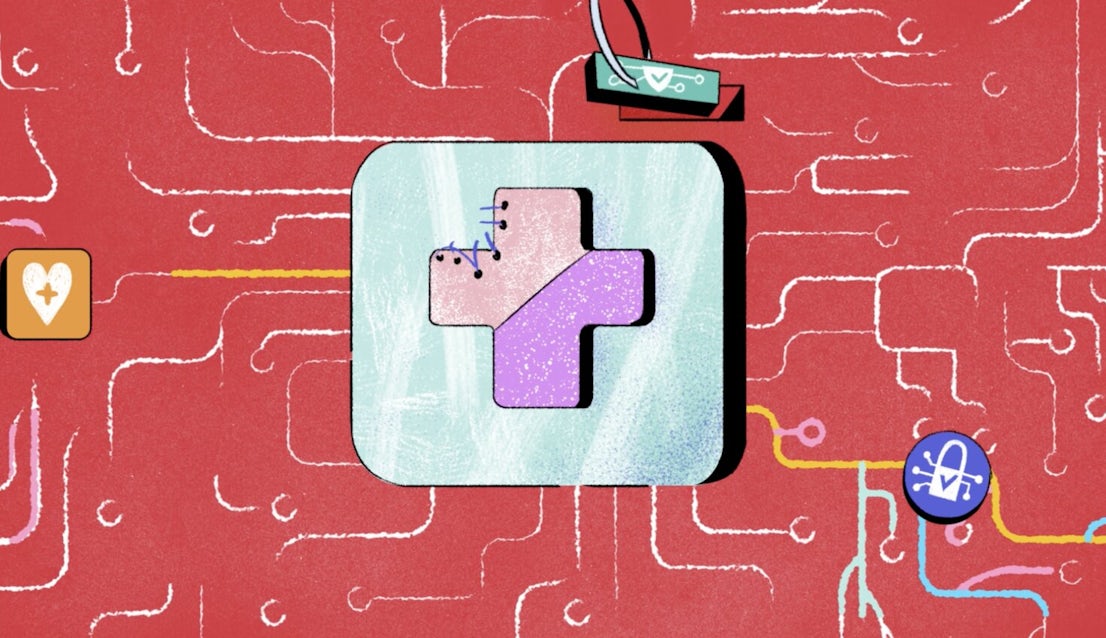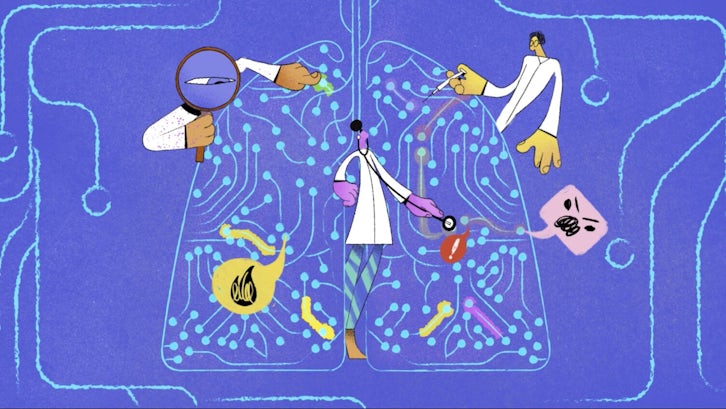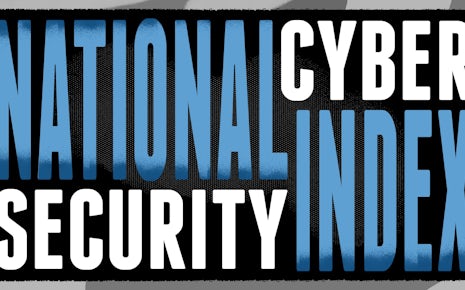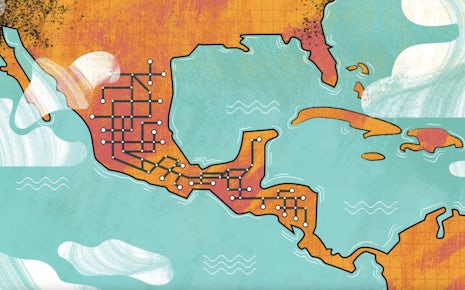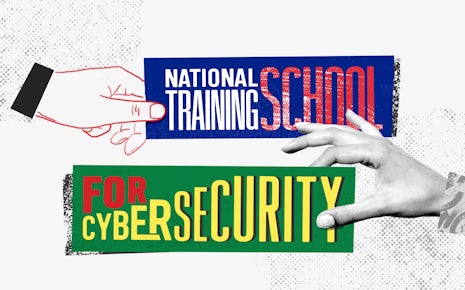The challenge
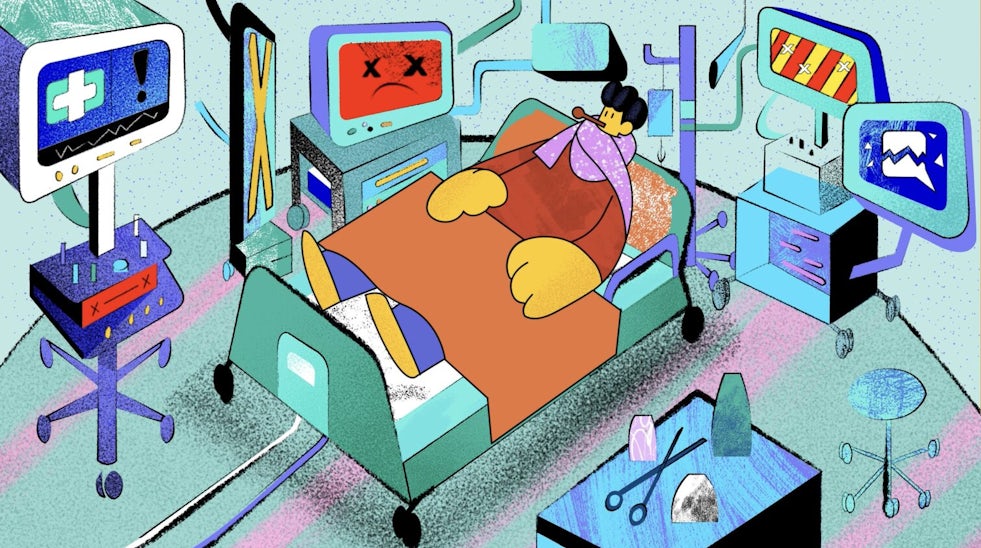
As the use of and dependence on digital services increased throughout the global pandemic, cybercrime has surged, threatening users and critical healthcare services alike. COVID-related scams and disinformation have undermined people’s trust in modern medicine, while Cyber-attacks against the healthcare sector have directly affected medical professionals as well as patients, depriving them of urgent care, and putting lives at risk.
At a time when the hospitals have been overburdened with patients, the sector has been targeted and particularly vulnerable to ransomware attacks due to legacy systems, lack of security awareness, and constrained IT budgets. As highlighted by a recent report from the CyberPeace institute, the lack of evidence of such attacks has also increased the accountability gap. At the same time the pandemic has also been exploited by malicious cyber actors targeting small and medium enterprises (SMEs) with COVID-19 related scams and phishing emails, including essential services like healthcare organizations. Deloitte’s Cyber Intelligence Centre also reported a spike in phishing attacks, Malspams and ransomware attacks with attackers using COVID-19 as bait. COVID-19 themed attacks have included relief packages scams and impersonation of trusted organizations, resulting in theft of confidential information and money from victims. In the context of a global health crisis and the compounding effects of cybercrime, there is a clear need for increased awareness and international cooperation on combating such harms.
A response
In response to these challenges, two initiatives, Cyber 4 Healthcare and The Safe Digital Community During COVID-19 (SDCDC-19) have been launched during the pandemic to contribute towards a safer cyberspace.
In 2020, the CyberPeace Institute launched Cyber 4 Healthcare, a healthcare-cybersecurity matchmaking service available to any healthcare organisation fighting COVID-19 with limited means. Through the programme, organisations receive free, trusted cybersecurity assistance such as audits, pentests, phishing simulations and more, from qualified and reputable companies like Microsoft, Rapid7 or Bi-Zone. Potential beneficiaries can contact Cyber 4 Healthcare, who can process requests until a match is found. Beneficiaries can range from NGOs like UnitedWayMumbai and Lakshyam in India that provide relief to families impacted by COVID19, to healthcare professionals like OneHealth.NG - an online pharmacy in Lagos, Nigeria, all the way to organizations active in COVID diagnosis solutions, blood banks and elderly support.
Meanwhile, to counter COVID-19 related scams disinformation, the The Foreign, Commonwealth & Development Office (FCDO) and the Nigerian NGO, the CyberSafe Foundation launched The Safe Digital Community During COVID-19 (SDCDC-19). As part of the UK Government's flagship digital for development programme (the Digital Access Programme), the SDCDC-19 is a rapid-response project providing a cyber security training programme for Small and Medium Enterprises, as well as a public information campaign using radio, video and social media. The project is designed to equip SMEs with the knowledge and skills required to identify, protect, detect, defend, and respond to cyber threats, while enabling a safe digital community in Nigeria.

